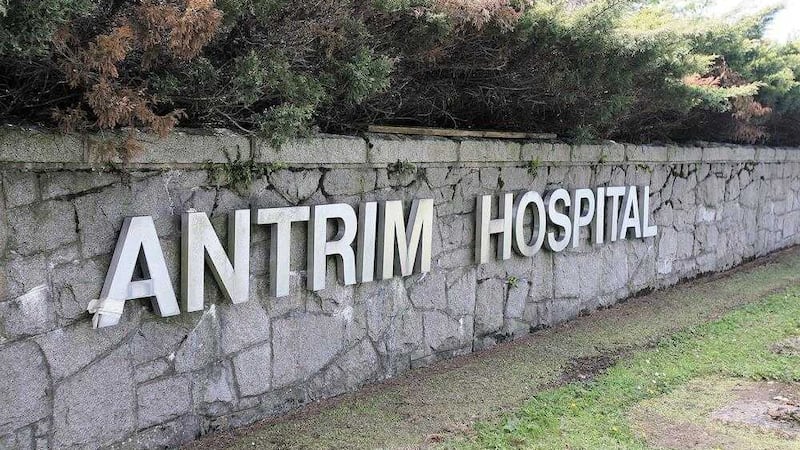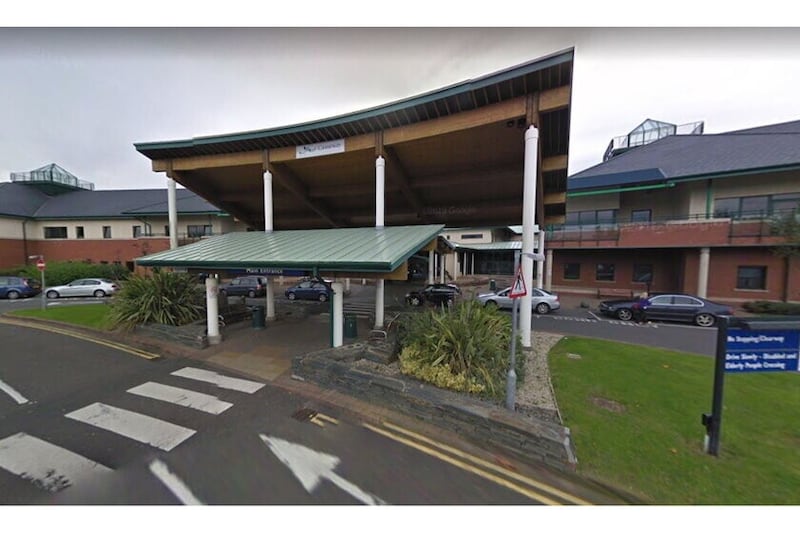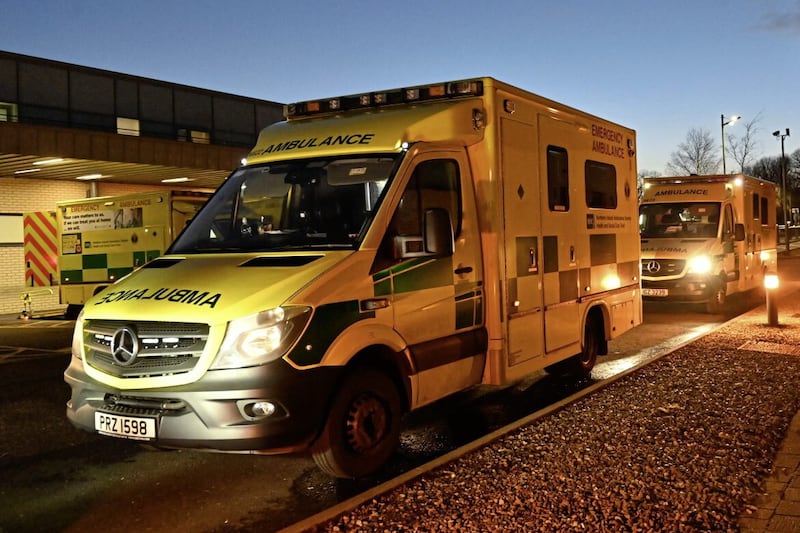PAEDIATRIC nurses at one of Northern Ireland's busiest hospitals are threatening strike action over what they claim is "unsafe" A&E care of children due to short-staffing.
In an unprecedented move, a team of specialist children's nurses at Antrim Area Hospital are due to be balloted for all-out strike action next week following a breakdown in talks with management.
It is understood up to 40 nurses could stage a walk-out - but that emergency contingency care will be provided.
The director of nursing for the Northern health trust, Olive MacLeod, last night insisted that care levels were not at risk and expressed her "disappointment" that she had failed to win the "hearts and minds" of staff.
"Some staff are less inclined to change but our business is looking after the patient… I would never put a nurse in a situation where they are compromised," Ms MacLeod told The Irish News.
"I am a nurse and I am satisfied that this is a good model of care… this is my registration on the line here."
The row centres on an arrangement involving the rotation of a paediatric nurse from Antrim's main children's ward to work in the hospital's casualty unit for a 12-hour shift between 10am and 10pm.
The children's nurses say that two paediatric nurses are required to work in A&E on a 24-hour basis and that that overstretched casualty nurses are being taken from the adult department.
Around a quarter of admissions to Antrim's A&E are children. The £14 million new-build opened two years ago following a fraught period of massive waiting list breaches that led to scathing independent reports.
Unison, the trade union representing the majority of staff affected, say their members have repeatedly raised concerns with their bosses over the past year about staffing levels and the impact on patient care.
One nurse said her priority was the "safe care of children".
"You don’t want to put anyone's life in danger in an already overstretched department. The current Emergency Department staffing levels are dire," she said.
Brian Ferguson, a Unison regional organiser, said paediatric staff felt that not enough A&E training had been given, with a one-day induction course and shadowing colleagues for three days.
"We have asked nursing managers to produce its clinical risk assessment report but they have failed to do so," he said.
Another nurse explained the workplace pressures they were facing.
"You could have 17 children sitting waiting in one A&E area and only one paediatric nurse on. If you're dealing with a potentially very sick case and are required in the resuscitation area you need extra staff for to check medicines as there are specialist doses for children.
"This industrial action is not about the staff, it's about children's care."
Ms MacLeod rejected calls for the employment of an additional paediatric nurse in A&E but admitted they had 12 staff vacancies across emergency and paediatric care they were currently trying to fill. She also said adequate training had been provided.
"We know when children get sick and that is generally between 10am and 10pm. It is only after hours that we get the awful cases. In those cases where we have a very sick child a consultant triages."








